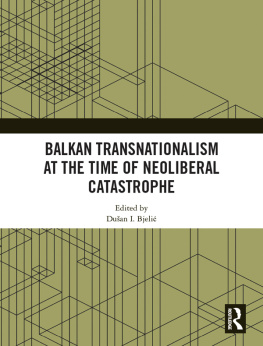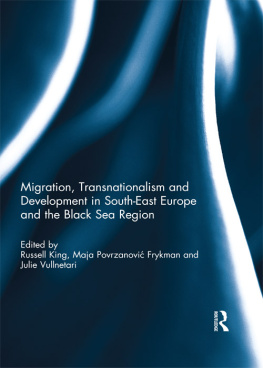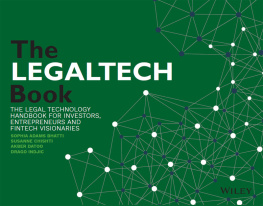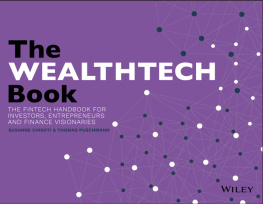Susanne Wessendorf - Second-Generation Transnationalism and Roots Migration
Here you can read online Susanne Wessendorf - Second-Generation Transnationalism and Roots Migration full text of the book (entire story) in english for free. Download pdf and epub, get meaning, cover and reviews about this ebook. year: 2016, publisher: Routledge, genre: Politics. Description of the work, (preface) as well as reviews are available. Best literature library LitArk.com created for fans of good reading and offers a wide selection of genres:
Romance novel
Science fiction
Adventure
Detective
Science
History
Home and family
Prose
Art
Politics
Computer
Non-fiction
Religion
Business
Children
Humor
Choose a favorite category and find really read worthwhile books. Enjoy immersion in the world of imagination, feel the emotions of the characters or learn something new for yourself, make an fascinating discovery.

- Book:Second-Generation Transnationalism and Roots Migration
- Author:
- Publisher:Routledge
- Genre:
- Year:2016
- Rating:4 / 5
- Favourites:Add to favourites
- Your mark:
- 80
- 1
- 2
- 3
- 4
- 5
Second-Generation Transnationalism and Roots Migration: summary, description and annotation
We offer to read an annotation, description, summary or preface (depends on what the author of the book "Second-Generation Transnationalism and Roots Migration" wrote himself). If you haven't found the necessary information about the book — write in the comments, we will try to find it.
Second-Generation Transnationalism and Roots Migration — read online for free the complete book (whole text) full work
Below is the text of the book, divided by pages. System saving the place of the last page read, allows you to conveniently read the book "Second-Generation Transnationalism and Roots Migration" online for free, without having to search again every time where you left off. Put a bookmark, and you can go to the page where you finished reading at any time.
Font size:
Interval:
Bookmark:
Anne J. Kershen, Queen Mary, University of London, UK
Seeking Sanctuary in Modern Australia
Edited by Anna Hayes and Robert Mason
ISBN 978-1-4094-3475-7
Exceptionalism, Migrant Others and National Identities
Edited by Kristn Loftsdttir and Lars Jensen
ISBN 978-1-4094-4481-7
Narratives of Transnational Belonging
Edited by Rebecca Friedman and Markus Thiel
ISBN 978-1-4094-3714-7
Looking through the Lens of Social Inclusion
Edited by Fethi Mansouri and Michele Lobo
ISBN 978-1-4094-2880-0
Gangstas, Geeks and Gorjas
Ian Law and Sarah Swann
ISBN 978-1-4094-1087-4
Max Planck Institute for the Study of Religious and Ethnic Diversity, Germany

2 Park Square, Milton Park, Abingdon, Oxon OX14 4RN
711 Third Avenue, New York, NY 10017, USA
Product or corporate names may be trademarks or registered trademarks, and are used only for identification and explanation without intent to infringe.
1. Children of immigrants--Social conditions. 2. Ethnicity in children. 3. Adult children of immigrants--Attitudes. 4. Adult children of immigrants--Family relationships. 5. Immigrants--Cultural assimilation. 6. Return migration.
I. Title II. Series
305.9'06912-dc23
Font size:
Interval:
Bookmark:
Similar books «Second-Generation Transnationalism and Roots Migration»
Look at similar books to Second-Generation Transnationalism and Roots Migration. We have selected literature similar in name and meaning in the hope of providing readers with more options to find new, interesting, not yet read works.
Discussion, reviews of the book Second-Generation Transnationalism and Roots Migration and just readers' own opinions. Leave your comments, write what you think about the work, its meaning or the main characters. Specify what exactly you liked and what you didn't like, and why you think so.







